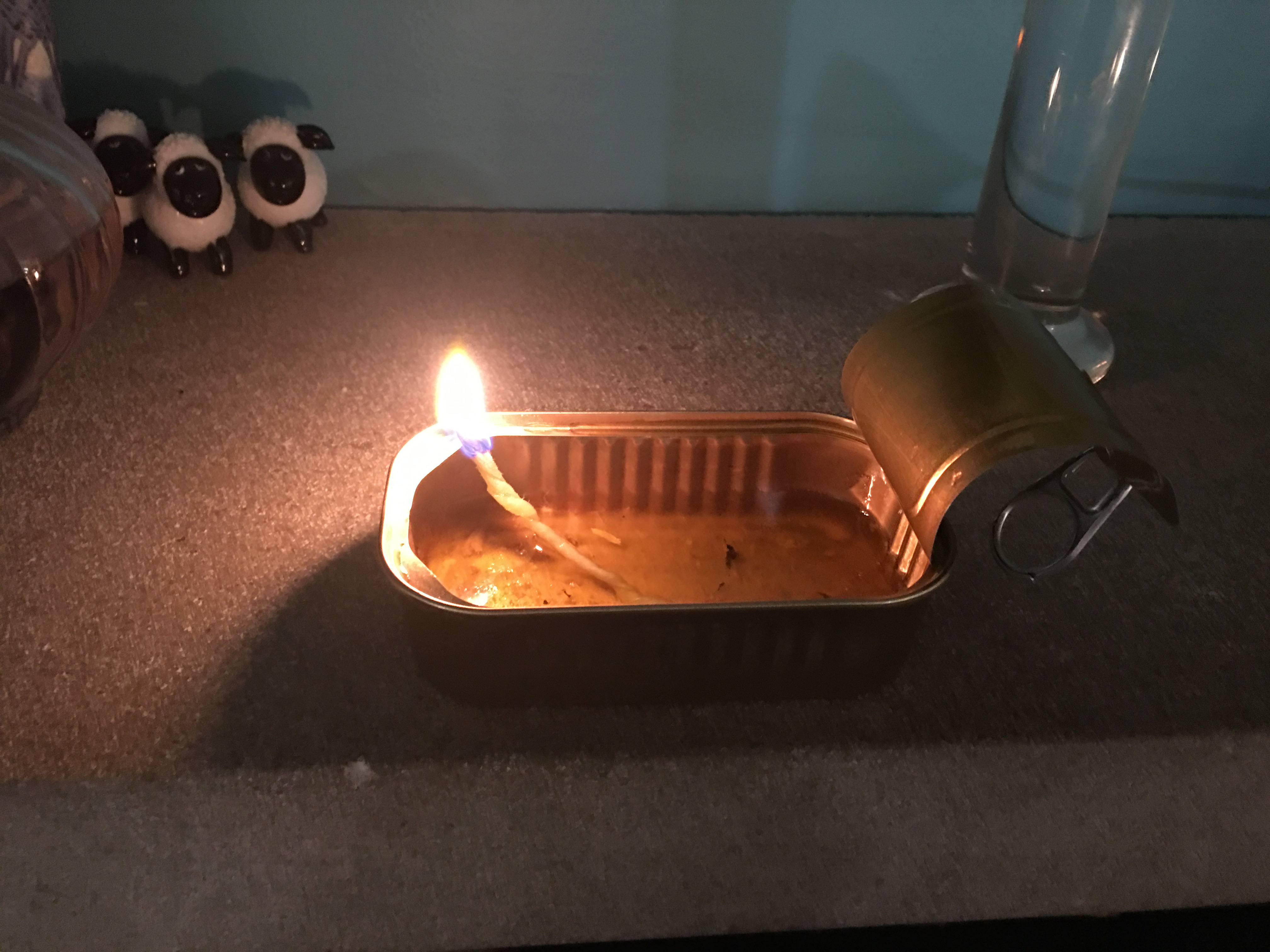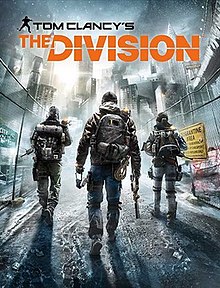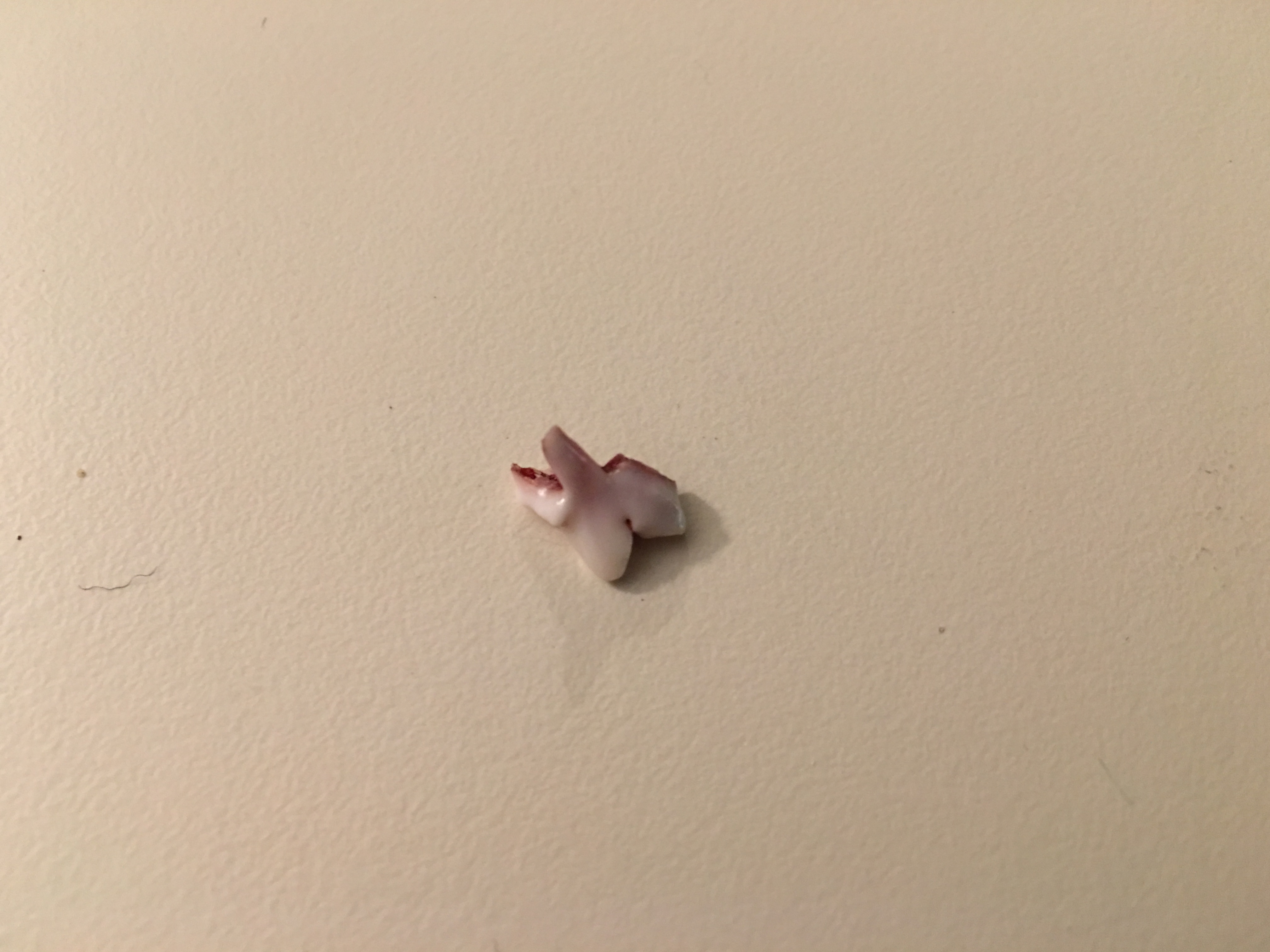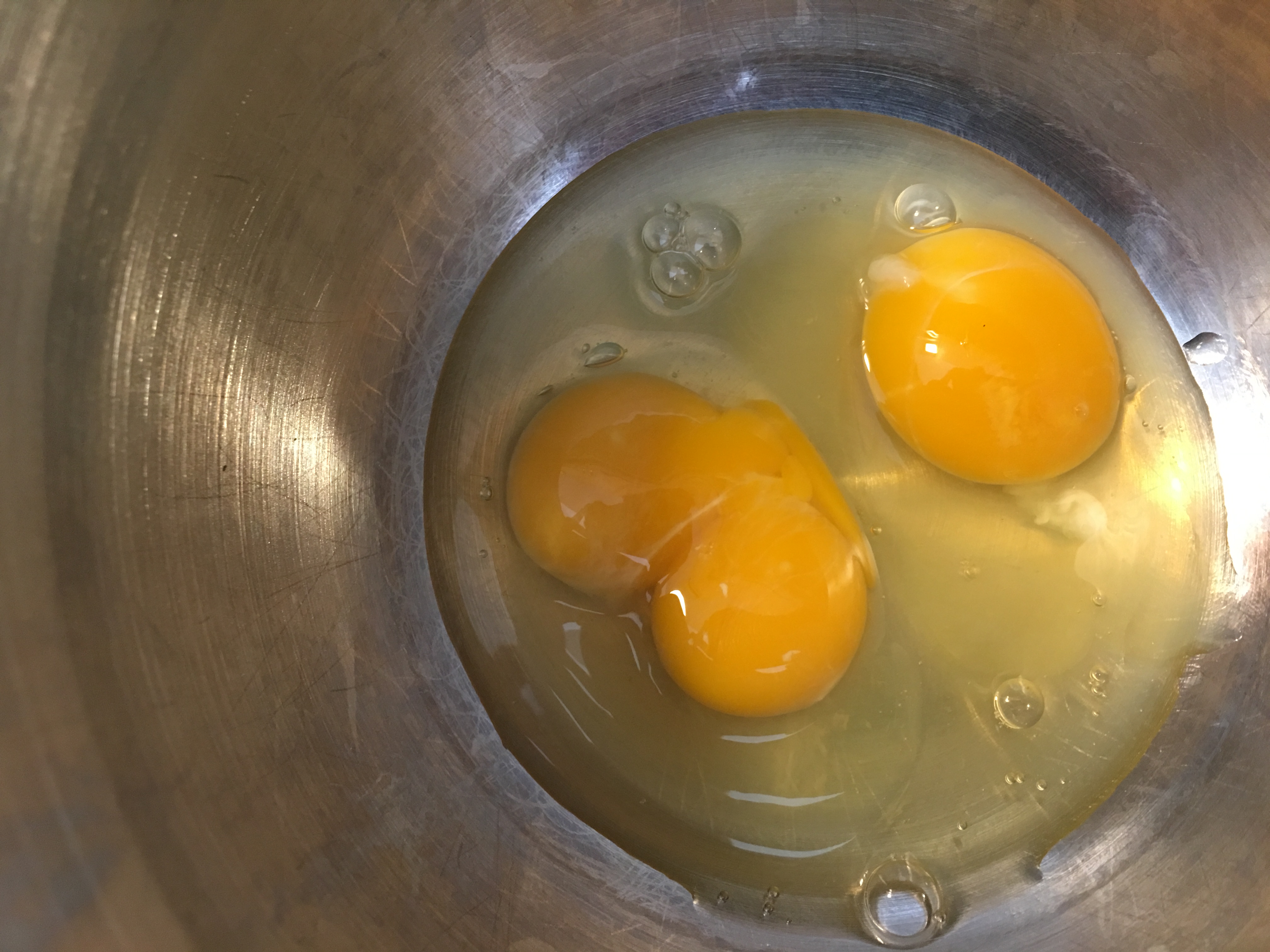I hate what the information age has done to information. By democratizing its access, we’ve devalued it entirely, which in turn has rendered its pursuit a non-viable economic model. Instead, its value is now determined by aggregation. The facts themselves are now worthless, but if one has enough sheer volume of facts, then they can drive traffic and by extension, capitalize upon secondary ad revenue.
So with the information itself demonetized, no incentive exists to analyze it–just to present it in a quickly digestible form. The result is the same sub-1000-word article on every website. Any academic value it originally had is diluted by this copy-paste method. No one’s vetting the research, and very few are doing any original research.
I encountered this phenomenon while indulging in a casual curiosity. The Super Bowl was playing, and there are few things I have less interest in watching, so I ate a can of sardines. (I forced the child to try one for the character-building experience).
Delicious fish having been consumed, I was left with a can of oil. I recalled hearing that the fish/olive oil made a good base for an improvised oil lamp (of course it would, seeing as that was the primary purpose of originally harvesting olive oil, which was a major step for humanity towards achieving ubiquitous and affordable artificial light–facts apparently lost to history). So I rolled up a piece of paper towel into a wick, stuck it in the can, and lit it. And, unsurprisingly, it burned with the steady flame of an oil lamp.

As I watched the flame, I wondered where I had read that article, who’s purpose was to list the unconventional sources of lighting one might find in their kitchen, for use in an emergency. So I took to the Internet.
And this is where I became irritated with the scenario outlined in the first two paragraphs of this post. I wouldn’t have much considered that the lists contained the same substances. After all, there’s only so many combustible liquids in a typical residential building. But what grabbed my attention was that every article added in the little quip about how burning the sardine oil would make the house smell like fish. That was because, it didn’t. The little flame is insufficient to bring the contents of the can to the volatiles’ vapor point, and the oil that was actively combusting was heated to the point where anything which would have smelled was denatured. It was a clean, odorless lamp.
This indicates to me that the original author of the article probably put in the humorous aside, meant to be nothing more than a small joke, and was subsequently copied as a priori fact by content harvesters looking to add information to their own catalogues.
So for fuck’s sake people, do a little bit of original research.
It also bears mentioning that the sardine lamp burned out sometime after I had fallen asleep, so you do get several hours’ worth of illumination from it. And the sardines were good.
–Simon




